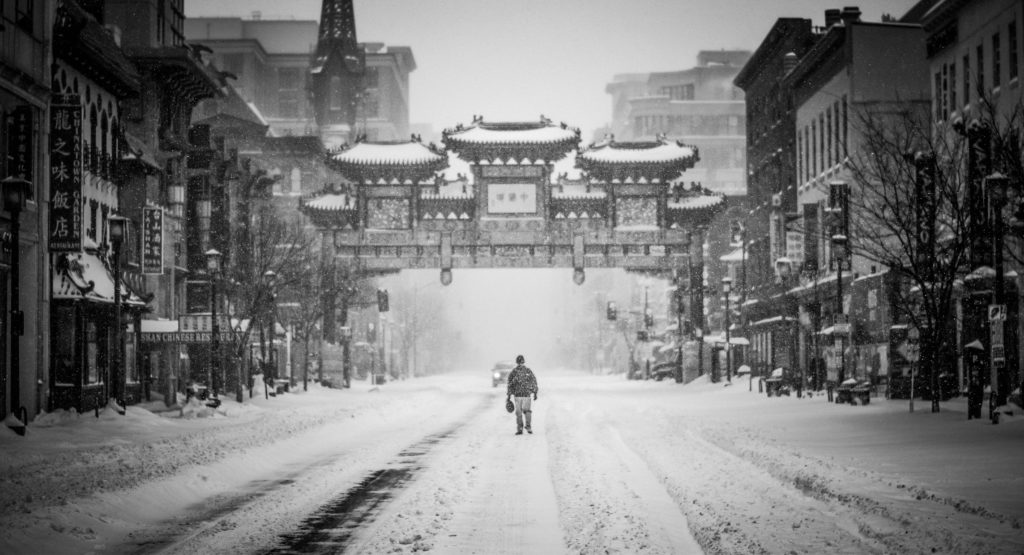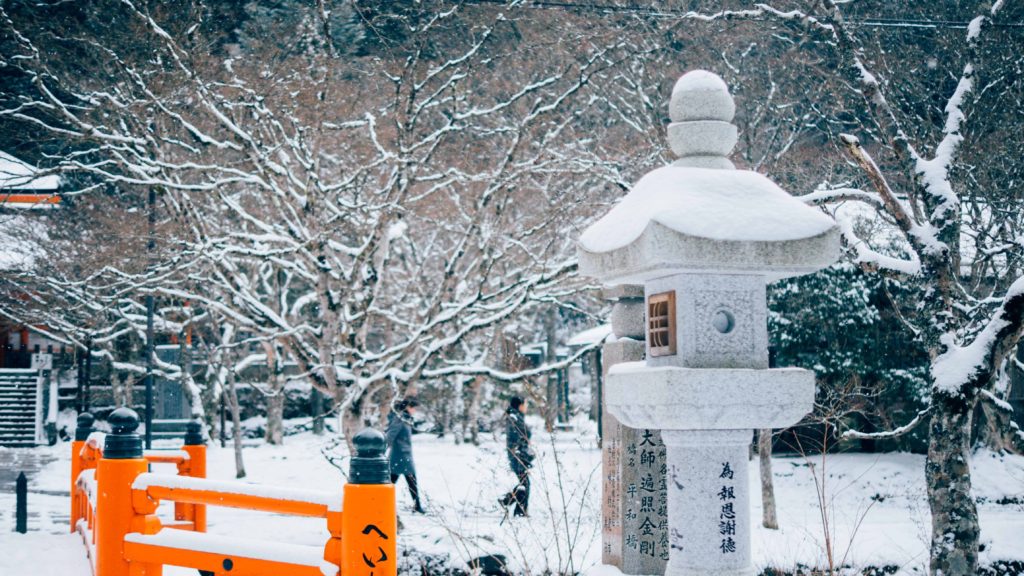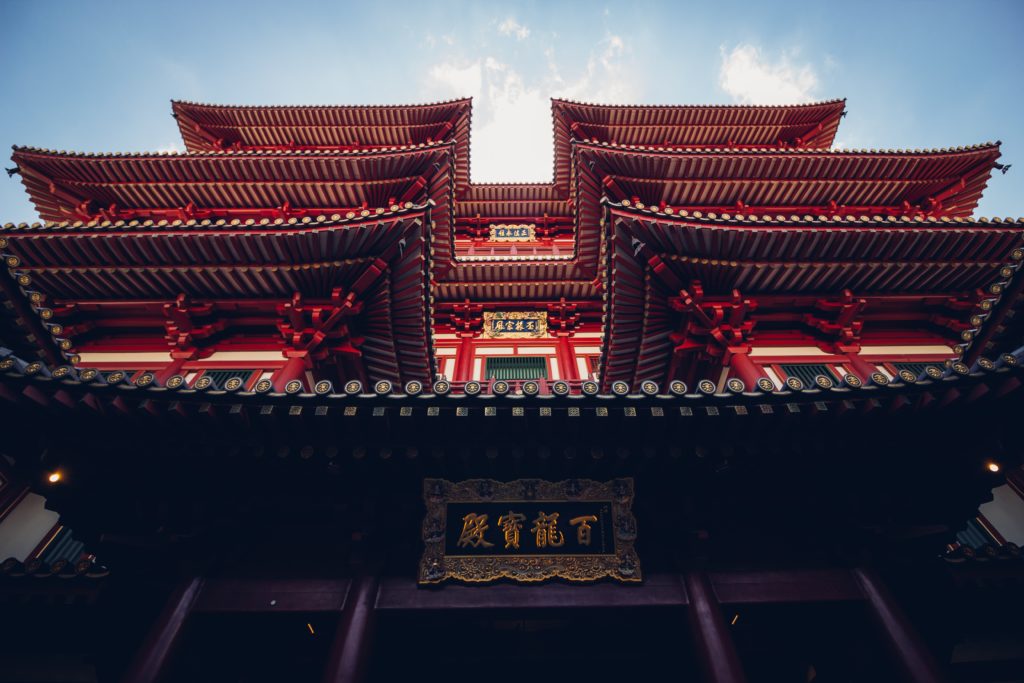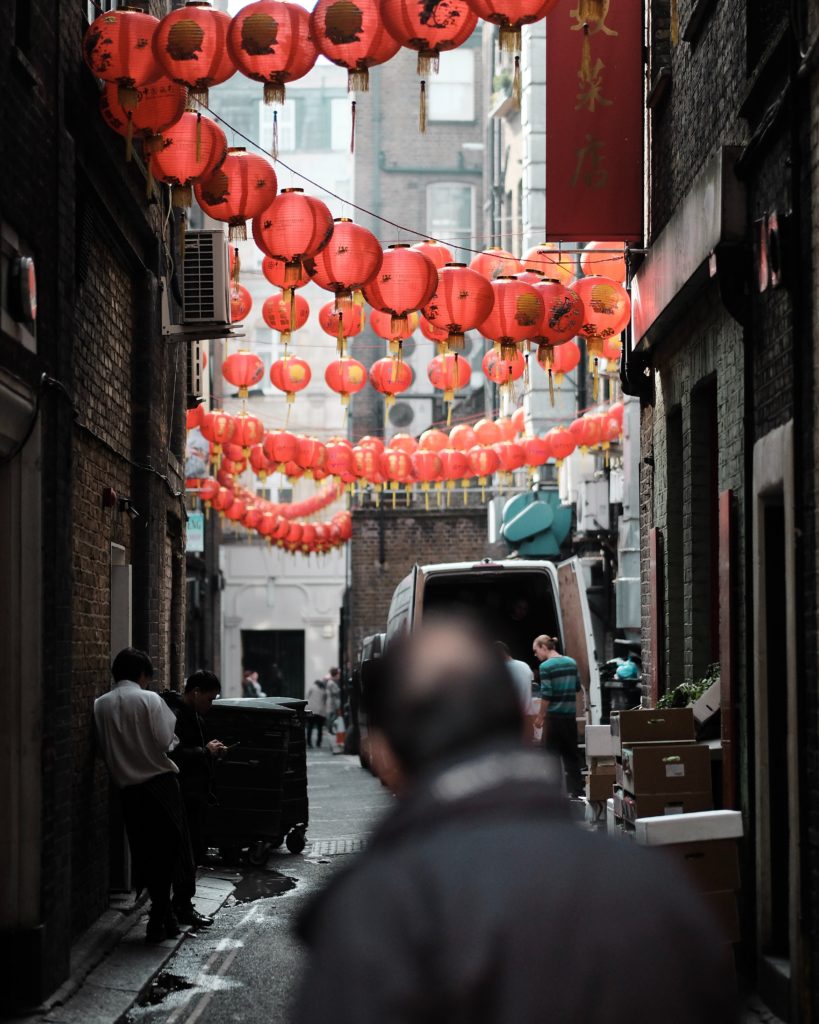8 Things You Should Know About Ghost Month
by Regina Layug Rosero / August 29, 2019
Ghost Month is observed in the seventh lunar month of the year.
You’ve probably heard of Ghost Month. You might have even seen some of the related customs too. Some of the customs we’ve heard of include business owners delaying the signing of contracts or the release checks. Construction companies won’t break ground, and corporations will delay starting any new projects.
So what is Ghost Month exactly? We talked to Rache Go of Chinoylife Heritage Group, and we learned so many new things!
What is Ghost Month?
Like people all over the world, the Chinese have special customs regarding dead people and their ghosts. In Taoism, that includes days for dealing with errant ghosts in the land. When they visit in the seventh month of the lunar calendar, special precautions and ceremonies are necessary. Ghost Month is observed in the seventh lunar month of the year; this falls in July or August in our Western calendar.

It is believed that the ghosts of Chinese ancestors are let out of hell on the first day of the month. The spirits from hell are denied food as a result of their wrongdoings. Once released, they search for food to satisfy their appetite, and once satisfied they will not bring harm or ‘disturb’ the people. This is the reason why people offer real food (not paper food) to the “wandering souls.”
The spirits also roam around looking for peculiar entertainment, and many fearful Chinese try to avoid swimming or being alone at night lest an enemy ghost comes after them. It is believed that ghosts attack their enemies, and they might be angry or malicious in general.
The Chinese have certain traditions about what to do about the situation on the first day, on the 14th or 15th for the Hungry Ghost Festival, and on the last day of the special month. The Chinese believe that on the days of Ghost Month and especially on the night of the full moon, there is more of a bridge between the dead and the living, so they must take precautions or honor the dead. They perform ceremonies or traditions to protect themselves from attacks or pranks by the ghosts, and to honor and worship their ancestors or famous people of the past. It is also believed that the ghosts of dead people can help and protect them.

How old is the Ghost Month tradition?
The origin of the Hungry Ghost Festival and the Ghost Month (鬼月) in China is uncertain. Cultures in Asia from India to Cambodia to Japan share similar beliefs about Ghost Month, and these traditions seem to date from before Buddha, when more ancient folk religions covered the entire area.
Some of the ancient folk religion is incorporated in Taoism, the indigenous religion of China. The gates of hell are opened on the first day of the seventh month, and hungry ghosts are released to find food or to take revenge on those who have behaved badly according to Taoist records. Taoists chant together to free the ghosts.
Another story says King Yama (the king of hell) opens the gates of hell and allows a few wild ghosts to enjoy the sacrifices on the first day of the seventh lunar month. The gates are closed on the last day of that month, and the wild, hungry ghosts return to hell. Some Chinese think that the gates of heaven are also opened during this month, and they worship their ancestors from heaven too.
How is Ghost Month usually observed in the Philippines?
The way ethnic Chinese in the Philippines celebrate the Ghost Month is very different from the way those in parts of China, Taiwan, Singapore and Hong Kong celebrate. Other countries declare about a week of vacation for this, but not man follow that tradition here. Some people burn paper money, make their offerings, and go to the temple on the 15th day of the seventh month.

When I heard my grandmother reminiscing about her childhood, she told me the streets in Chinatown would be closed off, to stage the Chinese Opera to appease the ghosts.
How about in different parts of China?
In the southern part of China, the Hungry Ghost Festival is celebrated by some on the 14th day of the seventh lunar month. They perform special ceremonies to appease the ghosts, such as putting the family’s ancestral tablets on a table, burning incense, and preparing food three times that day.
The main ceremony is usually held at dusk. People put the family’s ancestral tablets and old paintings and photographs on a table and then burn incense near them. Plates of food are put out on the table for the ghosts, and the people may kowtow in front of the memorial tablets and report their behavior to their ancestors to receive a blessing or punishment. People also feast on this night, and they might leave a place open at the table for a lost ancestor.
Do other countries with large ethnic Chinese populations usually observe Ghost Month too?
On the first day of the month, people burn make-believe paper money outside their homes or businesses, along the sides of roads, or in fields. Sometimes, they go to temples for this task. On a trip to China during this time, you’ll probably see people occupied with this activity, or you might find the ghost money on the ground with ashes and remains. They want to give the ghosts the money they need during their special month.
People also light incense and may make sacrifices of food to worship the hungry unhappy ghosts. People trust that the ghosts won’t do something terrible to them or curse them after eating their sacrifices and while holding their money. They put up red painted paper lanterns everywhere, including business and residential areas.

There are street ceremonies, market ceremonies, and temple ceremonies. During street and market ceremonies, people gather at the streets and markets to celebrate the festival. At temple ceremonies, monks in temples organize festive activities. Many believe it is important to appease the ghosts to avoid spiritual attack.
What is the Ghost Festival?
Festival of the Middle Season 中元节 (Zhong Yuan Jie) is commonly known as the “Chinese Ghost Festival” in folk culture, and perhaps misunderstood and thus translated as “Hungry Ghosts Festival.” The festival originated from China, and it is known as the Zhong Yuan Jie 中元节 (Festival of the Middle Season). Observed on the 15th day of the seventh lunar month, this is a day for Taoists to perform worship to their ancestors and perform salvation rites for the deceased.
This day is known as the feast day of Di Guan Da Di地官大帝 (The Earth Official) (中元地官大帝下降考校日). The term “中元” refers to the Earth Official. He is one of the Three Divine Officials – Heaven, Earth and Water(天,地,水三官大帝) in the Taoist Pantheon of Deities. The worship of the Three Officials dates back to the Han Dynasty.
On this day, Taoist Priests would be engaged to perform the Salvation rituals for souls to ascend to the Eastern Palace of Eternal Bliss 青华常乐界(Heavenly Realm). The Earth Official pardons sins, and thus it is also a time to seek forgiveness and confession.
Another Taoist deity to whom Taoists will accord respect, especially during Taoist salvation rituals, is the Heavenly Lord Tai Yi of Salvation (太乙救苦天尊). Taoists believe in seeking deliverance through Lord Tai Yi. Reciting his sacred name will also reap unlimited blessings and liberation.
Is there a highlight or a special important date during Ghost Month?
The last day of the seventh lunar month is marked with a special festival too. This is the day that the gates of hell close up again. People celebrate and observe this day in various ways. Many burn more paper money and clothing so that the ghosts can use these things in their hell society. The pictures and tablets of ancestors may be putback on the shelves, or hung on the walls where they were placed before.
In order to drive the ghosts away, Taoist monks chant. The ghosts are thought to hate the sound, and therefore scream and wail. There are men who hit themselves with axes on the skull for spiritual healing purposes. Some shoot fireworks on people to scare away disease-spreading ghosts.

Are there special foods or drinks that are usually prepared during Ghost Month?
It is traditional to arrange plates of food like white rice, peanuts, noodles, unpeeled fruit like oranges, and cooked whole chicken (complete with the head and feet, unsalted) or cooked whole fish for the ghosts. Small cups of tea and rice wine are the beverages of choice.
What are the dos and don’ts during Ghost Month?
There are a lot!
- Don’t hang out late.
- Don’t spit in the street or at a tree.
- Don’t stare at candlelight or a burning fire.
- Don’t step on or kick offering items or joss sticks along the roadside.
- Don’t cover your forehead at night. Always pin or put up your hair as high as possible.
- Don’t stare at “them,” if you really see a spirit. Look or walk away calmly.
- Don’t make funny jokes or comments on any display altar or offering items along the street.
- Don’t look underneath the altar table when there is a prayer session.
- Don’t shift your eyeballs from left to right or right to left repeatedly if you sense something. Always look straight ahead, and walk toward your destination calmly.
- Don’t sniff and follow any pleasant or sweet smell ahead of you.
- Don’t sit on the first few rows of any public Chinese operas.
- Don’t open your umbrella at night, especially if it’s red.
- Don’t wear red-colored costumes with high heels, and don’t walk alone at night.
- Don’t pick up any curious items found on the street or road.
- Don’t stand under a tree in the middle of the night.
- Don’t wait at the bus stop after midnight, especially past the bus service operating hours.
- Don’t whistle alone at night. You may find someone singing along with you.
- Don’t hang your clothes out in the middle of the night.
- Don’t walk in the dark and near the walls. Something may appear in your peripheral vision.
- Don’t answer or respond when someone calls you, especially from behind you.
- Don’t turn your head when someone taps your shoulder in the middle of the street.
- Don’t use any dark or black nail polish.
- Don’t comb your hair in front of the mirror in the middle of the night.
- Don’t shout or scream in the middle of the night. Stay as quiet as possible if you suddenly feel cold.
- Don’t get emotional and cry in the middle of the night.
- Don’t leave your bleeding wounds open. Always cover them up with plaster or other bandaging materials.
- Don’t be a curious person or a hero. If you hear some strange sound or noise, especially soft crying sounds, always act oblivious.
- Don’t swim in the pool or lake in the middle of the night. Something maybe waiting to pull your legs.
- Don’t play at the playground in the middle of the night, especially the swings.
- Don’t take up any challenges to enter a cemetery or abandoned houses.
Do you know of any other Ghost Month traditions or customs? How do you observe Ghost Month? Tell us in the comments!



